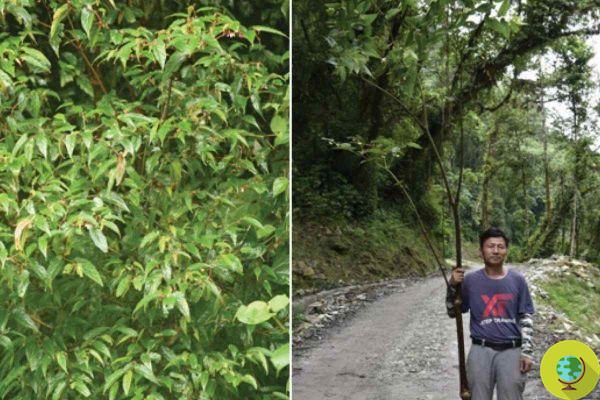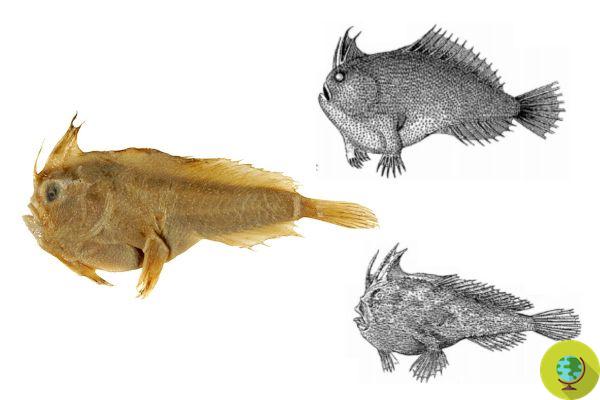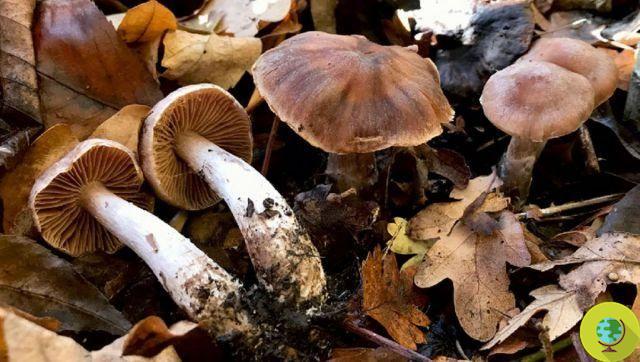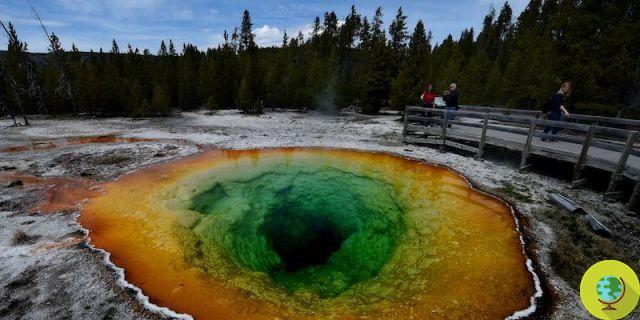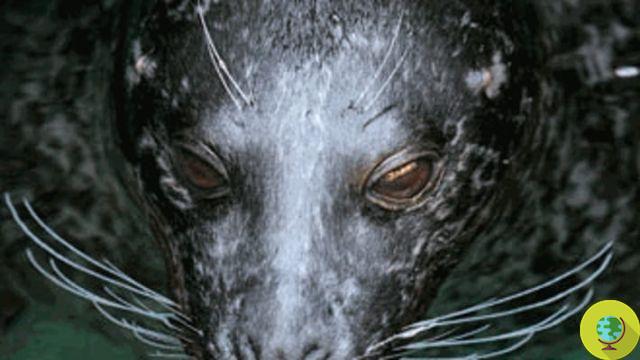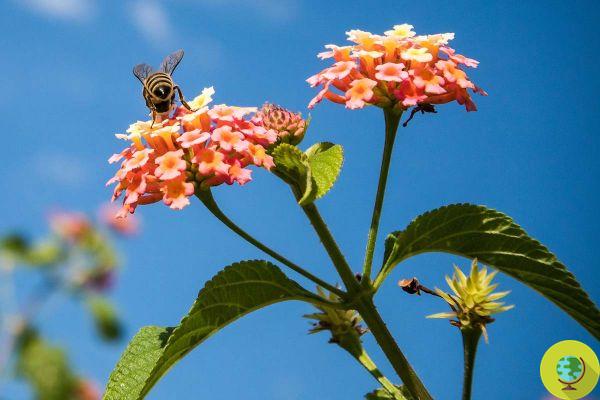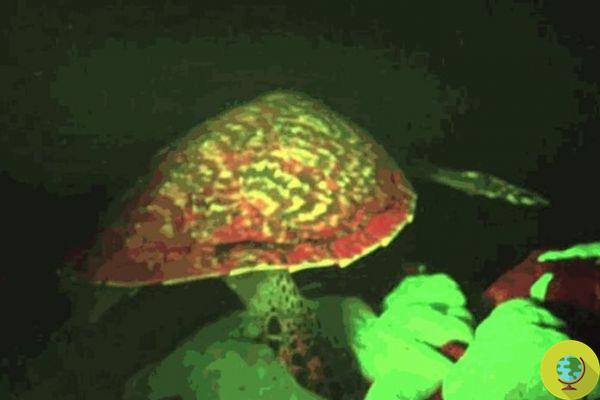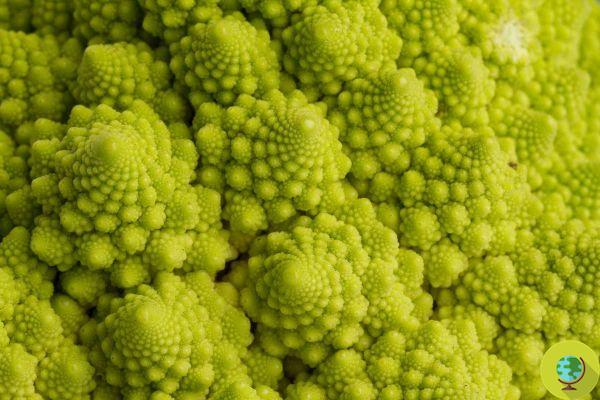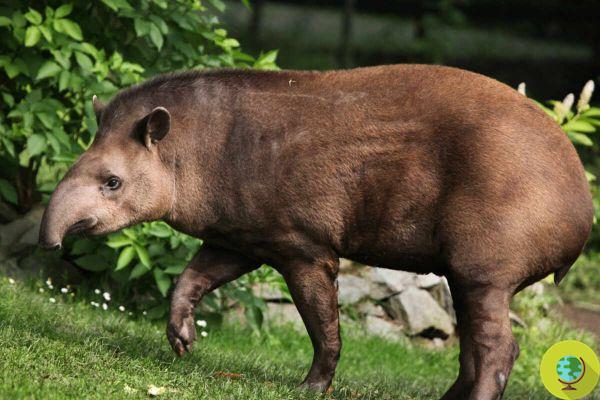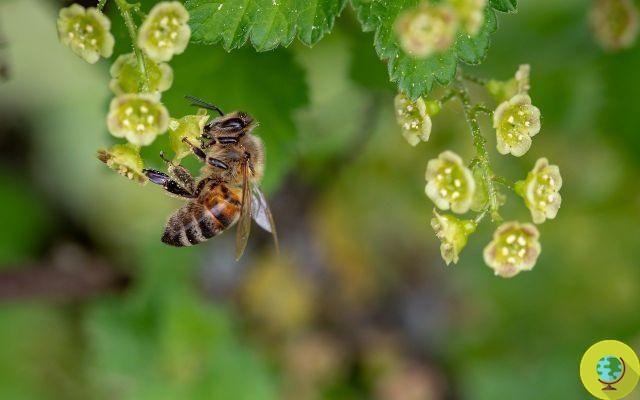
Bees are in grave danger and the European Parliament yesterday voted a resolution, calling on the Commission to take the appropriate decisions to safeguard these precious insects, threatened by pesticides, parasites but also by GMOs
He is about to end up run over, his mother saves himBees are in danger. And theUe calls on the Member States to take action in order to block the slaughter of bees, which could have serious repercussions on food production in Europe, ecosystems and environmental stability. For this reason, yesterday, the European Parliament invited the Commission, within the next financial framework, to ad increase the level of support for research on bee health.
Yesterday, in fact, a resolution was voted in which theUe to adopt different solutions to deal with the problem of death, increasing investment in research of new drugs against i parasites that attack these valuable insects and to coordinate efforts at community level to protect bees, the numbers of which are rapidly decreasing, approaching the risk of extinction. Or by establishing adequate national surveillance systems, in close collaboration with beekeeping associations, capable of developing EU-wide standards.
Also required according to the resolution, the need for uniform identification and registration of hives at national level, with an annual review and update.
"Pollination, a public benefit for all European agriculture, can only be preserved with a joint action of all member states" underlined the author of the resolution, approved with 534 votes in favor, 16 against and 92 abstentions. , Csaba Sándor Tabajdi. And here are the main points to consider in order to safeguard the api.
Better access to new medicines. First, the Commission called for simplification of the rules for authorizing and making available veterinary products intended for honey bees. To this end, drug companies should be given incentives to develop new drugs capable of defeating one of opener's worst enemies, the Varroa mite, which alone causes 10% of annual losses.
Increase disease control. A high factor that is putting bees at risk is the presence of toxic agents in the environment, first of all pesticides. In this case, Parliament should support special training programs, aimed at farmers, in order to inform them about the effects of these products and the alternatives on the market, which can safeguard the health of bees.
Monitor imports. The European Commission should monitor the development of animal health in third countries, requiring the same restrictive animal health requirements. At the same time, it should put in place a system to monitor imported products in order to avoid introducing exotic bee diseases to its market. According to the figures provided yesterday, in fact, 84% of plant species and 76% of food production in Europe depend precisely on the pollination done by bees. Their loss would therefore represent a very big risk, if we consider that the beekeeping sector is a source of income, direct or indirect, for over 600 thousand European citizens.
Last but not least, Parliament has also asked the Commission to carry out research on the possible negative effects of GM crops on bee health from honey. That genetically modified organisms have damaged these precious insects?
This is not a completely unlikely hypothesis. Last spring Coldiretti point his finger at GMO corn. Just them, probably to put the load on decrease in the number of bees, precious for the environment, but also for the economy and for the entire agricultural sector.
Francesca Mancuso
Read the full text of the resolution here





